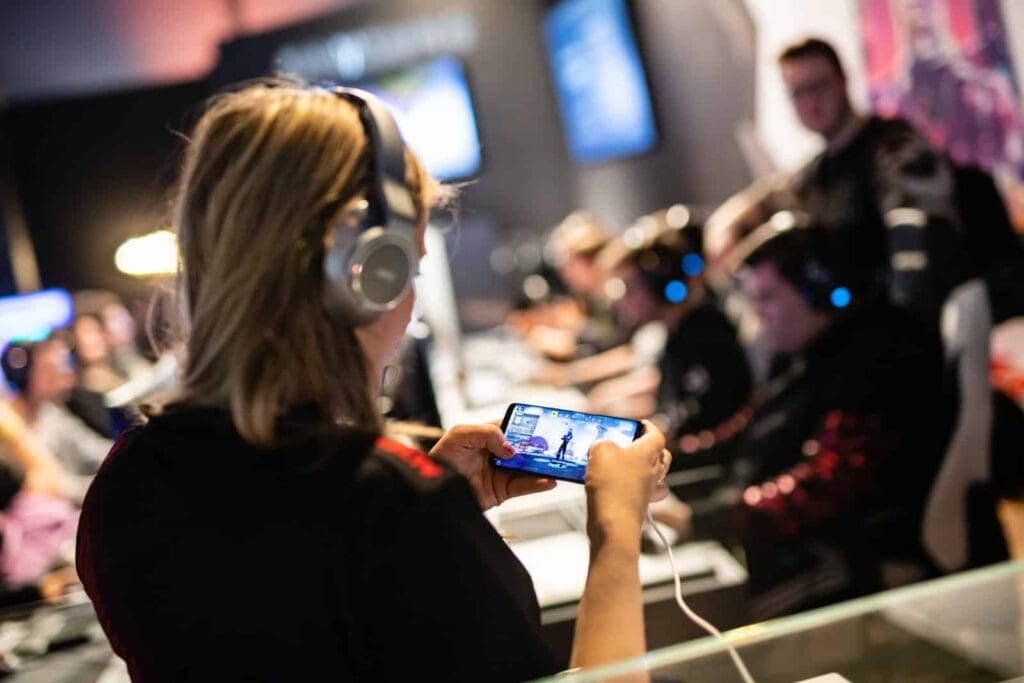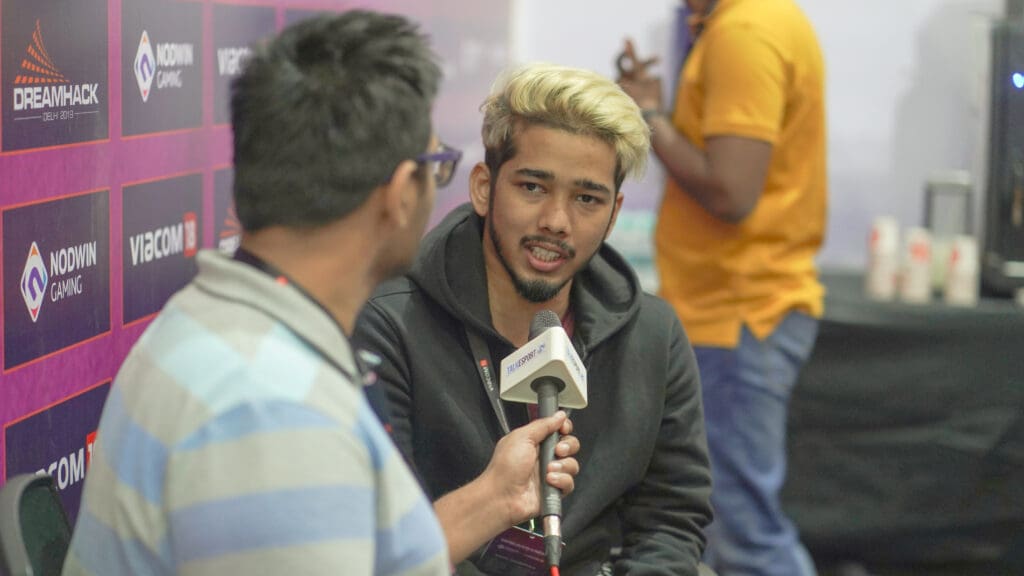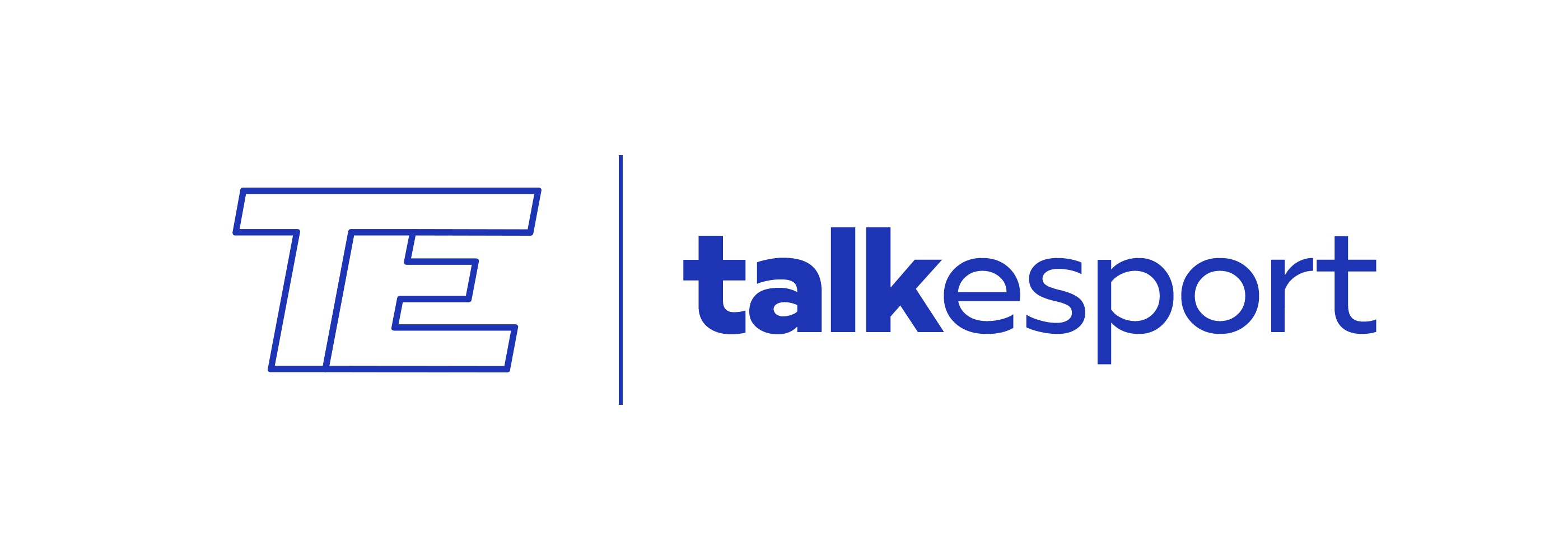Esports, otherwise known as electronic sports, are human to human competitive games that take place online usually through PCs and consoles. Players engage each other in an organised competition via video games either individually or as teams. Both professionals and amateurs participate in esports all over the world.
Over the years, esports has undergone significant growth world-wide due to the increased public interest in gaming. Year on year the growth of esports popularity has been seen in the significant rise of audience members. In 2017, the total audience was around 335 m, with a variety of casual viewers and esports enthusiasts. With the interest of these watchers continuing to grow, it’s expected that by 2021 there could be a total esports audience of around 557 million.

High-profile global teams now have players who earn substantial sums every year for their salaries and from tournament prize money. Careers like this have opened up opportunities for people with the right skills to take on jobs in this growing industry and pursue a fulfilling career.
Because esports is an exciting, team-based and solo activity with links to digital and cyber skills, the industry is driven by a demographic largely made up of young people who are in the position to seize the opportunity and secure roles for themselves. Several roles are in demand for people with the right qualifications, but it is essential to acquire skill-focused qualifications in order to get a foot in the door.
The British Esports Association also has some great information for those who are looking to pursue a career in this field, as becoming a professional gamer is not the only job that is available in the industry.
Careers In The Esports Industry
Professional Gamer
Often referred to as pro gamers, esports professional gamers are athletes who are at the top in their field. They make playing video games an essential part of their daily routine and will have been playing long before they turned professional. They are usually signed-up to a particular team so that they can compete in various tournaments for prize money. Eventually, amateur level players who are focused and patient enough can expect to get into the professional league after a lot of dedication and hard work. The top professionals earn very high salaries in addition to sponsorship deals and prize winnings.
Coach
The role of the coach, like in the traditional team sports, is to train members of the team. The goal is to identify the strengths and weaknesses of each member of the team and bring out the best in them. In addition, the coach must ensure that the team wins as many tournaments as possible. This entails analysis of the opponents and designing strategies to achieve victory for the team. Coaches are also required to work with the team manager in player recruitment.
To succeed, a coach must understand the rules and complexities of the game and should be able to play the game at a reasonable level. While no specific qualifications are set for this role, a prospective coach must have an in-depth knowledge of the game and the ability to impart this knowledge on players. Good communication skills are also essential. To get hired, prospective coaches must prove that they have the right skills and that their skills are better than those of competing candidates.
Agent
Some pro gamers engage with agents to negotiate their contracts and sponsorship deals. Essentially, agents represent players and ensure that the terms of any deal are in the best interest of their clients. They must therefore possess strong negotiation skills and be very good at networking. Many agents are self-employed, but esports agencies are also available where individuals can work as agents.
Journalist

Whether you are interested in writing about the latest Dota 2 news, esports tournaments, or industry updates, then esports journalism could be an ideal career path for you. The role of a journalist in any industry is to gather and analyse information in order to create engaging content for readers. To do so, journalists will cover events and publish the stories in a wide range of mediums.
To become a journalist, in any field, you usually need to attend colleges and universities to take courses in journalism or video production and they need to acquire some experience before they can secure a full-time job in an established company or publication. While permanent contract employment provides the security of regular monthly income, those who prefer to have greater freedom may choose to work as freelance journalists. They can publish their content on their own websites, blogs or on a variety of platforms.
Public Relations
The esports industry requires PR executives to help them market their brand in order to grow their fan base. They also manage the flow of information to the general public so they can get positive media coverage. PR executives can work as an employee of the company or for an external agency. A good PR executive must have a well-rounded educational background.
The industry prefers to hire people who possess the right attitude to the job with good work ethic and not necessarily people with a traditional PR background. As there are thousands of esports enthusiasts online, it’s crucial in this role to know which type of content the audience wants to interact with. According to Gaming Club’s recent article on ‘Selfie Culture: Are We Too Addicted To Our Phones?’, there is data that shows what kind of content users consume online each month. As there is 91% who watch videos online and there is also 51% that watch vlogs, this could therefore be a great opportunity to reach out to the esports audience with these types of content.
Event Manager
Event managers are required to organize successful live esport events and tournaments. This means that the manager must see to it that an event generates certain viewer numbers. They will arrange for ticket sales and provide solutions to all kinds of challenges that may threaten a successful outcome. While no specific qualification is required to get into this role, good organisational skills and ability to multitask are required to secure a place. Event courses are available for people looking to get into event management and some work experience will also be helpful in securing a job.


